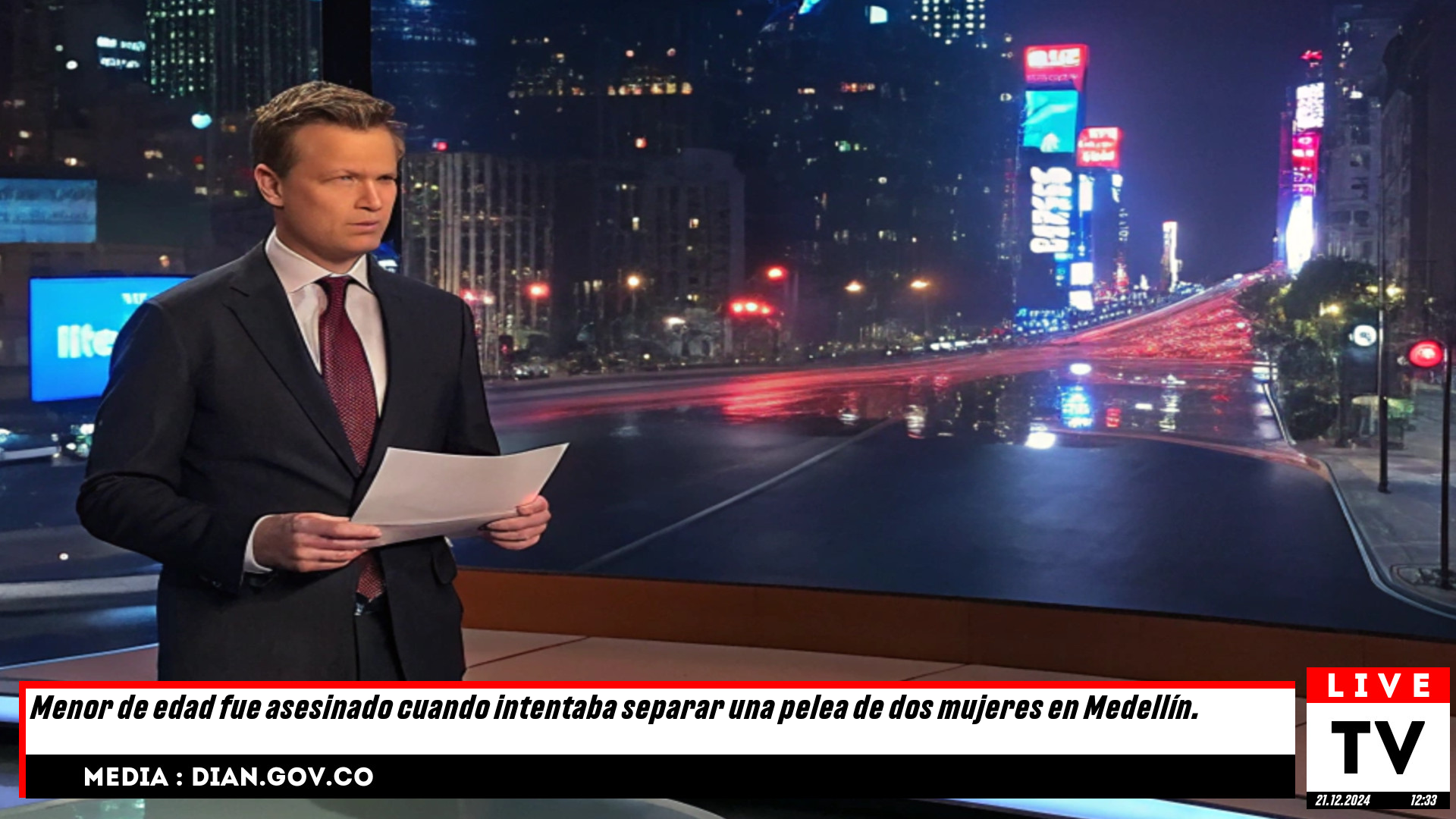Los millonarios del espacio: ¿la llegada del capitalismo intergaláctico? | Economía y Negocios | EL PAÍS English
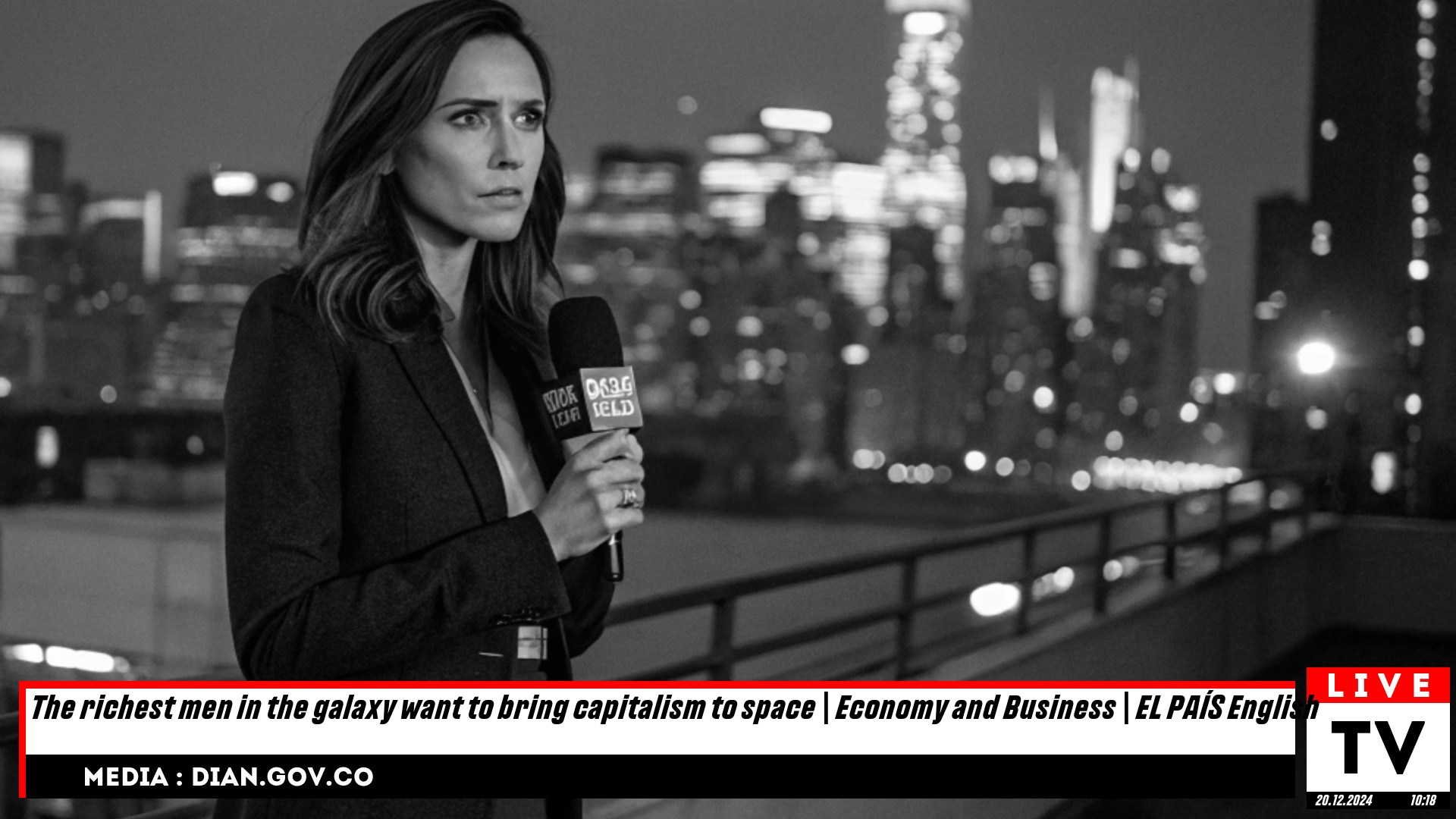
La Canica Azul: así se denomina la primera fotografía completa de la Tierra, capturada por la nave espacial Apollo 17 en 1972. Por primera vez, la humanidad pudo contemplarse desde el espacio como un único y común organismo. Era una postal inocente en comparación con la imagen compartida hace tres meses por el multimillonario Jared Isaacman, comandante de la misión Polaris Dawn de SpaceX. Esta misión, parte de la ambición de Elon Musk por acelerar la exploración espacial, ofreció una visión notablemente distinta: un selfie con un planeta en llamas como telón de fondo. Esta impactante imagen señala un cambio de paradigma, un asunto que el escritor argentino Michel Nieva analiza en su ensayo "Ciencia Ficción Capitalista: Cómo los Multimillonarios Nos Salvarán del Fin del Mundo".
The author begins by reinterpreting the famous phrase attributed to Fredric Jameson and popularized by Mark Fisher: “It is easier to imagine an end of the world than an end to capitalism.” In this context, Nieva points out that those envisioning such scenarios are Silicon Valley entrepreneurs who have co-opted the rhetoric of hard science fiction — rooted in scientific plausibility — to persuade us that only they can save humanity.
“They care more about the epic narrative of a utopian discourse than with its realism,” Nieva explains via video conference from New York. “Under the guise of being strongmen and humanity’s only possible saviors, businessmen like Richard Branson, Jeff Bezos, and Elon Musk have commercialized space. Disguising their speculative greed in the face of the urgent threat of climate change, they propose environmentalist plans to rescue this society by taking it to other planets. And in doing so, they perpetuate the mechanisms of financial speculation. We are witnessing the golden age of capitalist science fiction.”

"Guerreros, reinos en conflicto y vikingos: Así se forjó Inglaterra en una era de violencia" | Cultura | EL PAÍS English
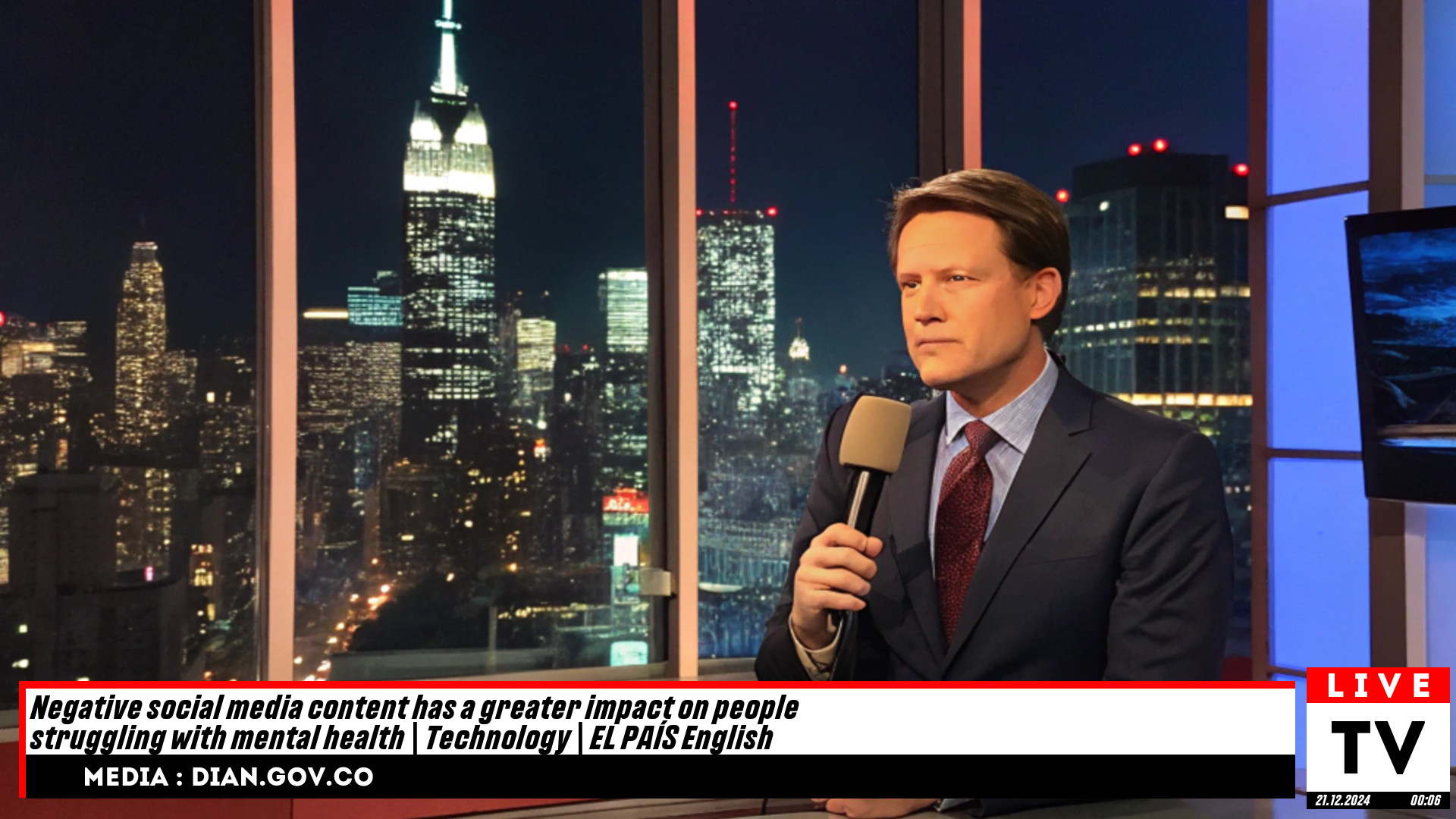
El contenido negativo en redes sociales afecta más a quienes lidian con problemas de salud mental, advierte un estudio.
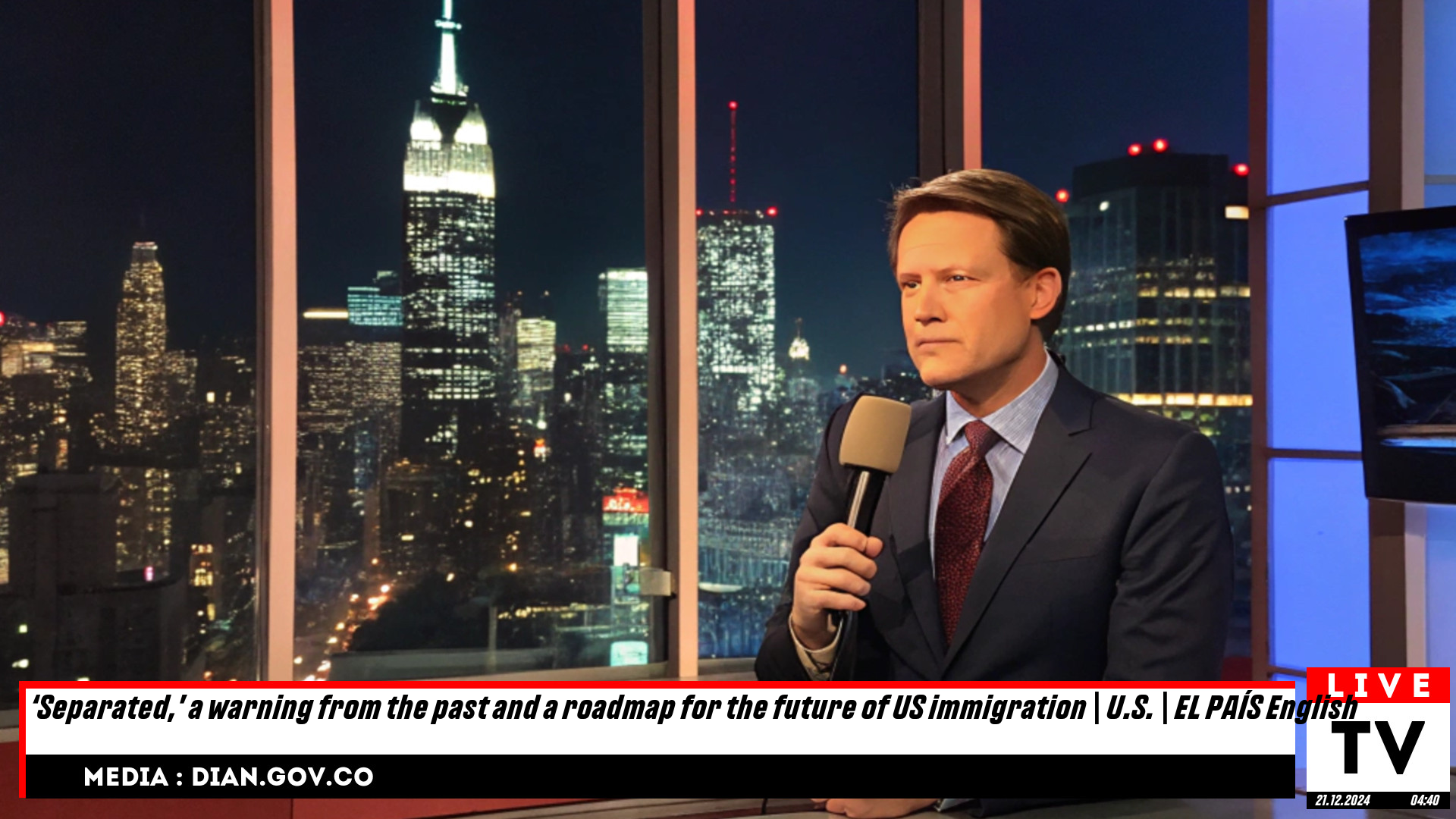
"‘Separated’: Lecciones del Pasado y Claves para el Futuro de la Inmigración en EE. UU."
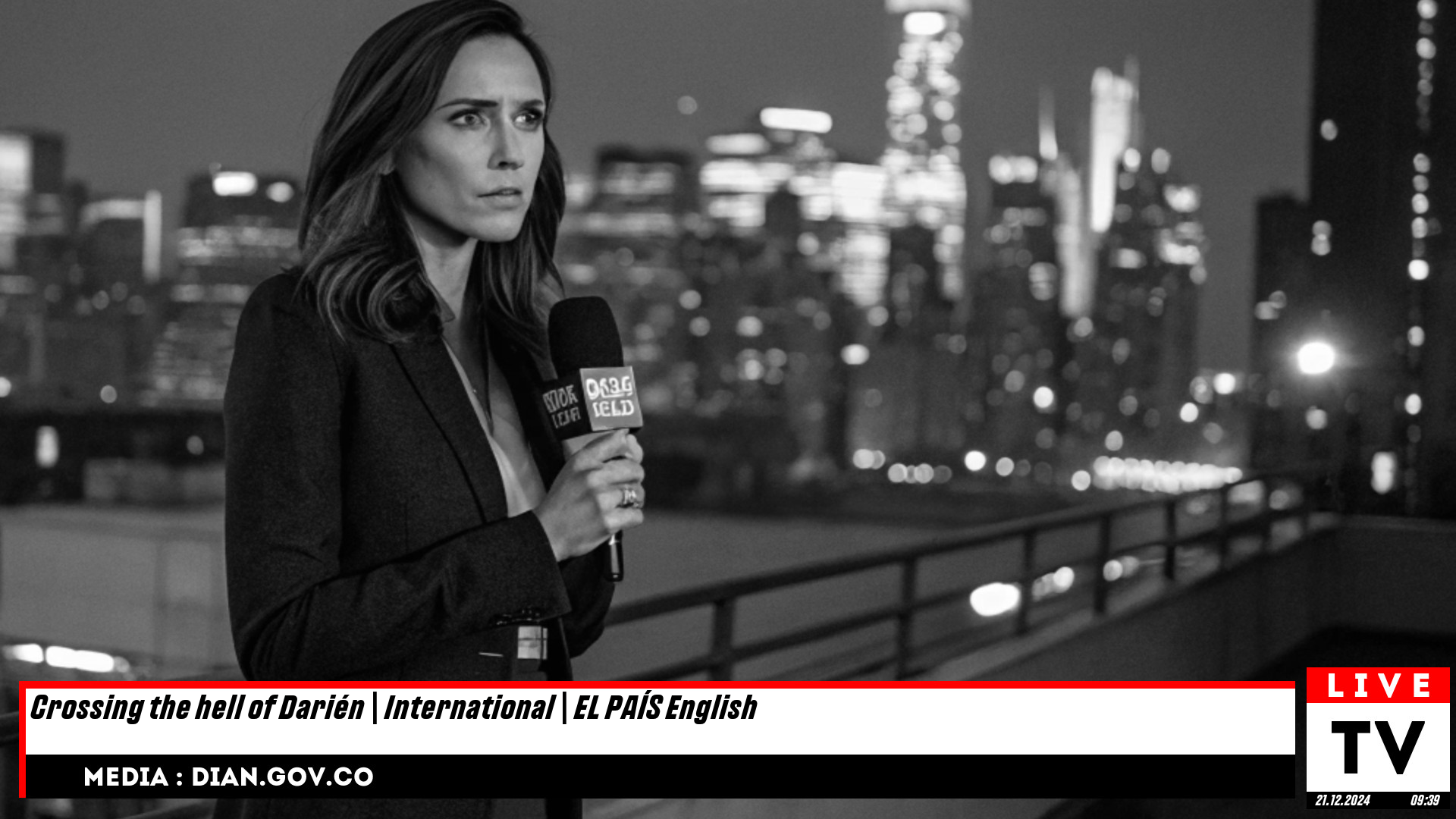
"Surviving the Darién Gap: A Harrowing Journey Through One of the World's Most Dangerous Regions"
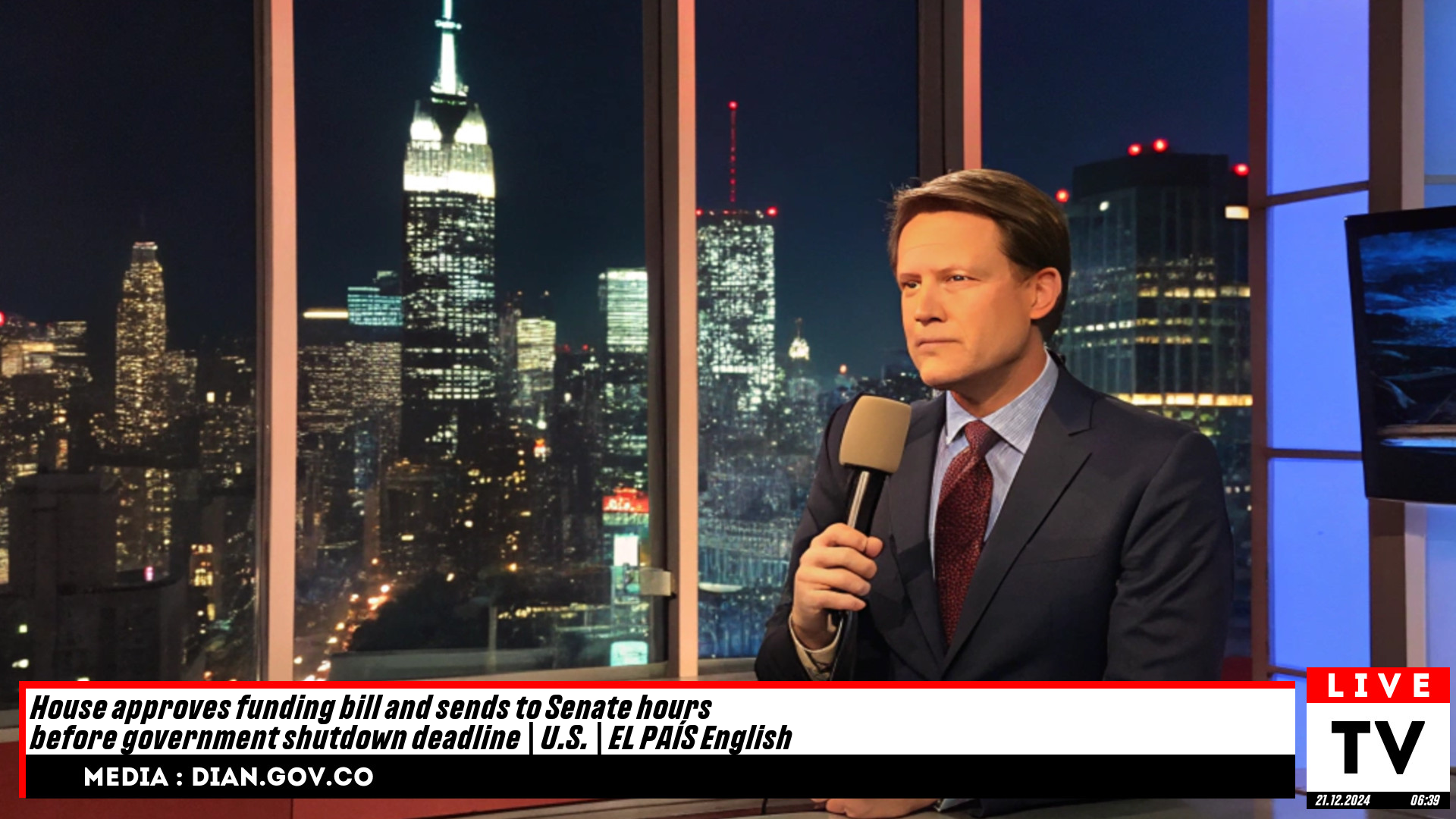
Última hora: Cámara de Representantes aprueba ley de financiamiento y la envía al Senado justo antes de la fecha límite para evitar el cierre del gobierno.
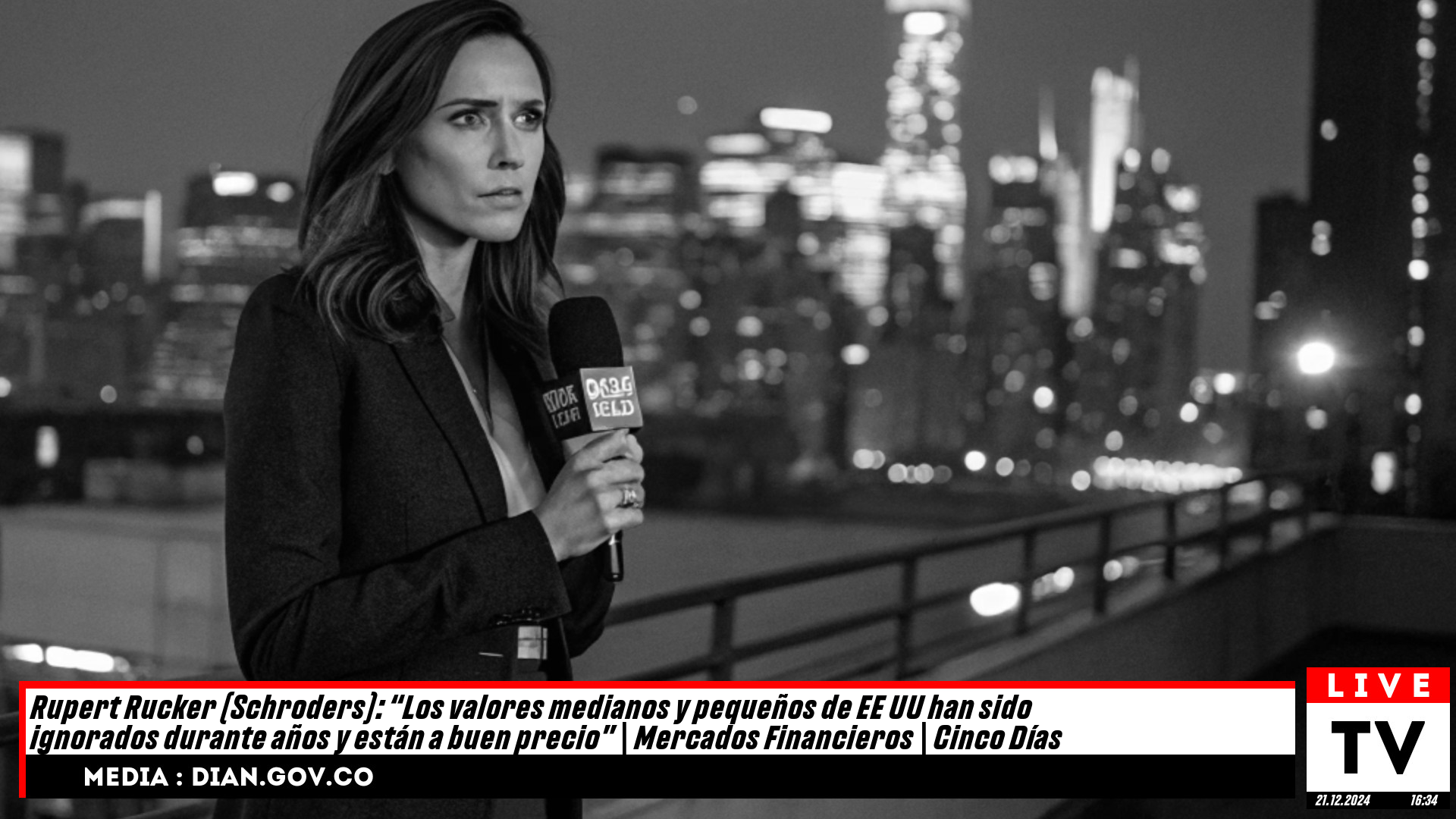
"Rupert Rucker (Schroders) afirma: 'Los activos medianos y pequeños de EE UU, olvidados por años, presentan oportunidades atractivas'" | Mercados Financieros | Cinco Días
